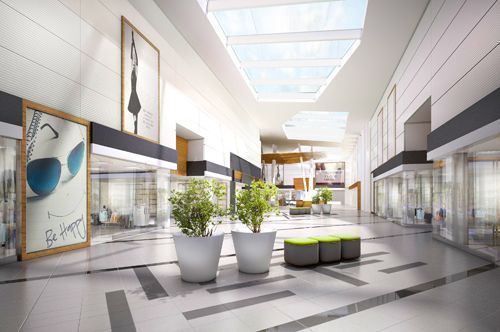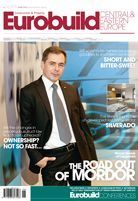Will Warsaw finally have its own SoHo? Modo stands out from retail parks and shopping centres not only due to the concept of its layout – boutiques with areas ranging from app. 20 sqm to over 100 sqm in one location – but also because of the marriage of stores and fashion brands of various profiles, from Polish to international high-end designers, to manufacturers and distributors from Southern Europe that are more accessible in terms of prices. In contrast to the traditional shopping centres, which are frequently dominated by mostly the same large fashion retail chains, Modo Domy Mody is to offer a boutique area to small and medium-sized retailers who want to focus on having more direct contact with consumers – unlike the market giants. According to Devin Investments, the developer of the project, who will also be responsible for its commercialisation (together with DTZ), the centre is already 70 pct leased. “Poles are not yet entirely fam





























































